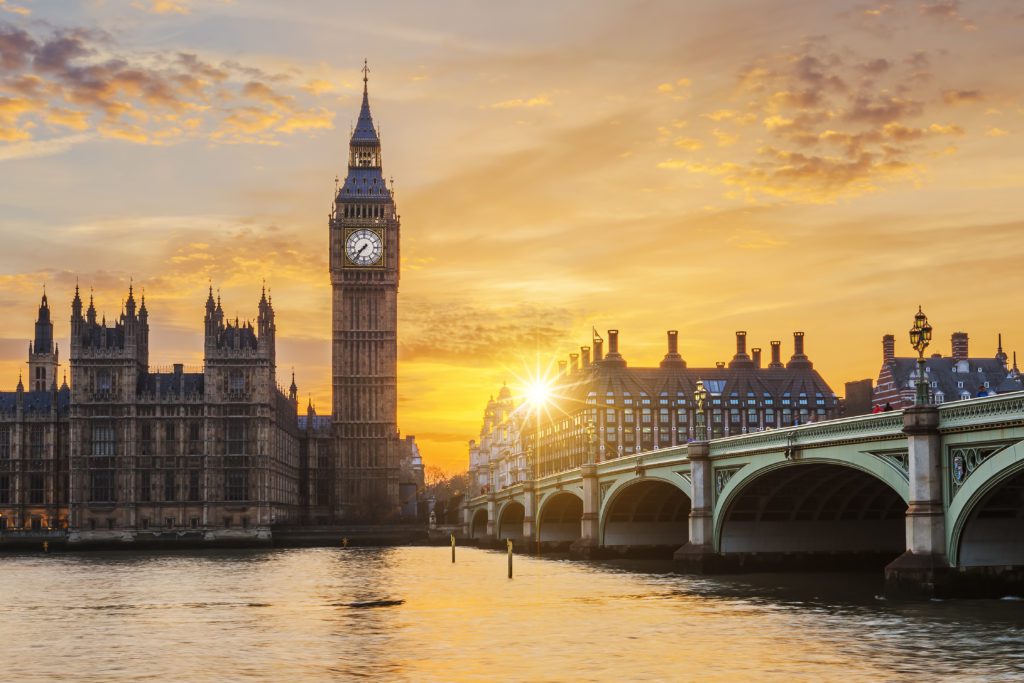The new Chancellor Kwasi Kwarteng revealed his first budget on Friday 23rd September. Whilst many of us were expecting some tax breaks nobody had predicted the biggest tax cutting budget since 1972.
The tax cuts and other incentives in the budget are directed towards growing the UK economy.
The government is targeting a 2.5% growth in our economy over the medium term, so all Mr Kwarteng’s announcements are made to encourage businesses to make the bold decisions to invest and attract spending and investments from overseas.
The lowering of income tax and reversing of the scheduled increase in National Insurance is to acknowledge the current cost of living crisis.
Here we summarise the main events of the budget and hopefully it gives you the information you need to aid any decision making.
Changes to Personal Tax
- Basic rate of tax will be reduced to 19% from the next tax year starting 6th April 2023. This is one year ahead of what was already planned.
- The 1.25% National Insurance rise will be reversed from 6th November 2022.
- The top rate of income tax of 45% will be abolished from 6th April 2023.
- Only one top rate of income tax at 40% means a top rate of dividend tax at 32.5%.
- Due to the new 19% basic rate of income tax, a one-year transitional rule will be introduced for Gift Aid and relief at source for pension schemes.
Changes to Business Tax
- All planned increases for Corporation Tax will be cancelled leaving it at 19%.
- The Annual Investment Allowance to be set at £1million permanently.
- Plans to abolish the IR35 (off payroll working rules) from April 2023.
- From April 2023 tax free investments in Seed Enterprise Investment Scheme (SEIS) will increase to £250,000.
- New Investment Zones will be introduced across the UK. Employers of employees working in these zones for at least 60% of the time will benefit from 0% Employers NIC for earnings up to £50,270. The full tax incentives for these zones are highlighted here
Other Announcements
- Threshold for Stamp Duty Land Tax (SDLT) has been doubled to £250,000.
- The threshold for SDLT for first time buyers will be increased to £425,000.
- The SDLT changes came into effect immediately i.e. 23rd September 2023.
- VAT Free shopping schemes to be introduced for Non-UK visitors.
- Alcohol tax duties frozen from 1st February 2023.
- Reduction in benefits for those claimants of Universal Credits who don’t meet tighter rules on job searches.
The Chancellor also plans to close the Office of Tax Simplification. He has explained that the job of simplifying tax lies with the government and HM Revenue & Customs (HMRC). The Treasury together with HMRC will be tasked to “simplify the tax code”.
What happens next?
We wait and see what happens next. Many pundits were calling this “mini budget” an economic gamble, but time will tell.
In an immediate response the markets did not react well due to the large tax cuts. It is predicted the Bank of England will be raising interest rates again at it’s next meeting on 3rd November. The only question is by how much?
In the end it was not a “mini budget” at all. It had more content than many of the previous budgets introduced by his predecessors. There is a lot to digest here.
We are happy to discuss any part of the announcements made last Friday with you. Please feel free to call or email your normal contact at Myers Clark.

